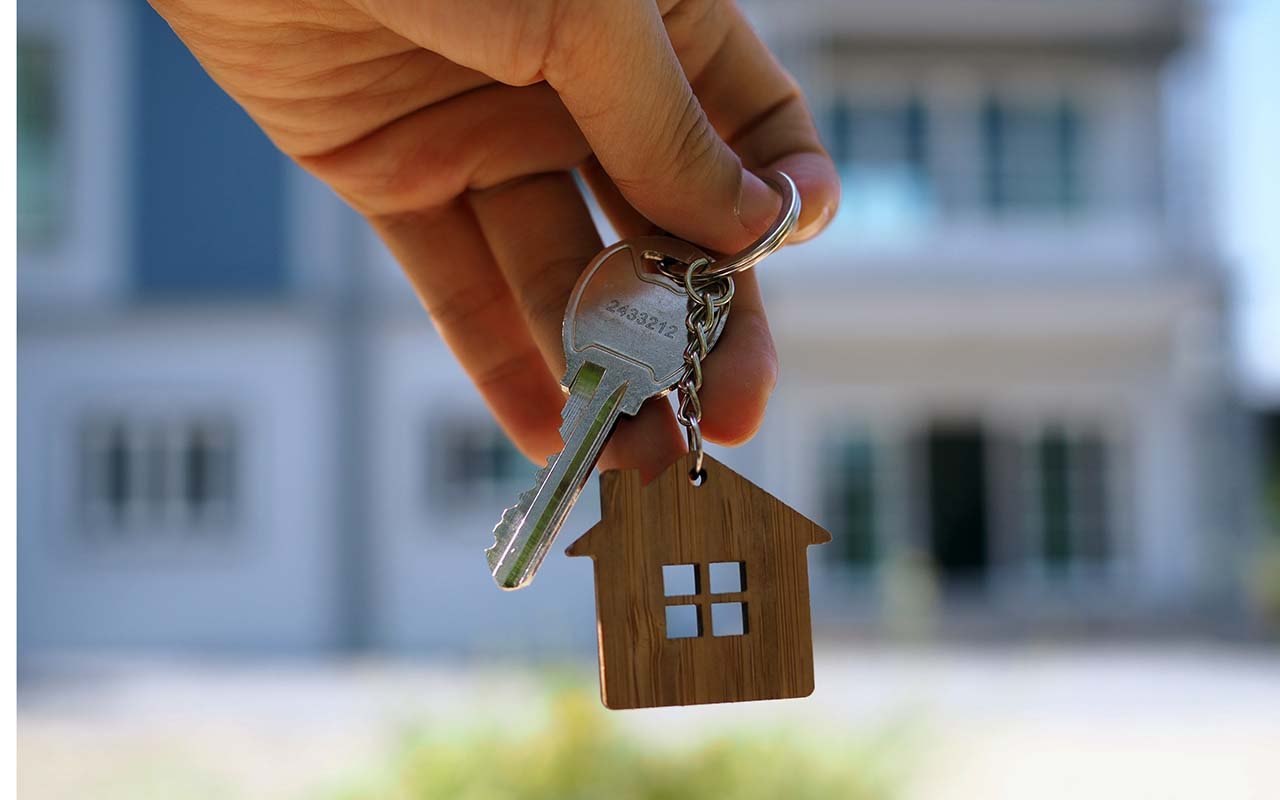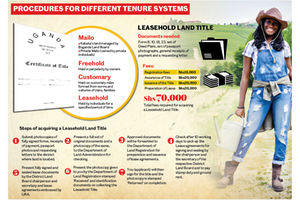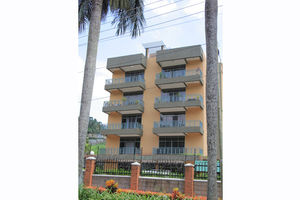
You can finance home purchase with a mortgage. PHOTO/WWW.SHUTTERSTOCK.COM
Applying for a mortgage for the first time can be a daunting task. But there are several ways you can increase your chances of having your application accepted. The outcome of a mortgage application largely depends on your deposit size, ability to repay and credit score. These are the factors that make you more or less risky in the eyes of the lender. As a first step, you must improve your understanding of what a mortgage is and how the repayments work.
But ensure you are also familiar with a mortgage calculator to see what you can afford. Mortgage calculators are tools that estimate how much you could borrow from a lender or what your monthly repayments and other costs might be.
Try not to stretch your budget to the limit
Typically, you are allowed to borrow four-and-a-half times your annual income from a mortgage lender. So, decide whether you want to stretch your budget to its limit. The higher the value of the home you are buying, the bigger the mortgage repayment you will have to make.
Not stretching your budget may help increase your chances of getting a mortgage. This is because lenders consider your other outgoings, such as utility bills, council tax, childcare or other debt payments, when evaluating your application. Having an income buffer makes your mortgage application less risky for the lender as you will have more ability to repay. Allowing yourself a buffer will also offer you at least some insurance against a future blip to your income, and help manage the current cost of living crisis.
Improve your credit score
A credit score shows mortgage lenders that you have managed money well and responsibly in the past. A higher credit score makes you a less risky investment for them. Various credit reference agencies allow you to check your credit score for free.
You can protect your credit score in a number of ways. Holding one bank account for a long time is helpful but your borrowing history also matters. Being close to your credit limit may lower your score.
However, not having any debt at all in the past may also make it difficult for mortgage lenders to judge whether you are a responsible borrower. So a good balance is needed. And be aware that if you have joint bank accounts with others, their poor credit score may also impact yours.
Save a larger deposit
The risk for lenders is lower when borrowers have a large deposit in comparison to the value of the home they are buying. Lenders also charge lower interest rates on mortgage repayments when you have more of a deposit. A 10 percent deposit is often the norm, and the rest can be borrowed from the lender. However, there are also opportunities to buy a home with only a five percent deposit for first-time-buyers.
This type of mortgage may increase your chances of buying a home if you cannot save for a larger deposit. But be aware that lenders charge higher interest rates for low-deposit mortgages as the risk is higher for them.
If you are renting at the moment and are planning to apply for a rental track record mortgage, then make sure you pay your rent on time for at least 12 months beforehand to be eligible.
However, it is important to be aware that smaller deposits mean a greater risk of you ending up with negative equity if house prices drop.
Source: theconversation.com




